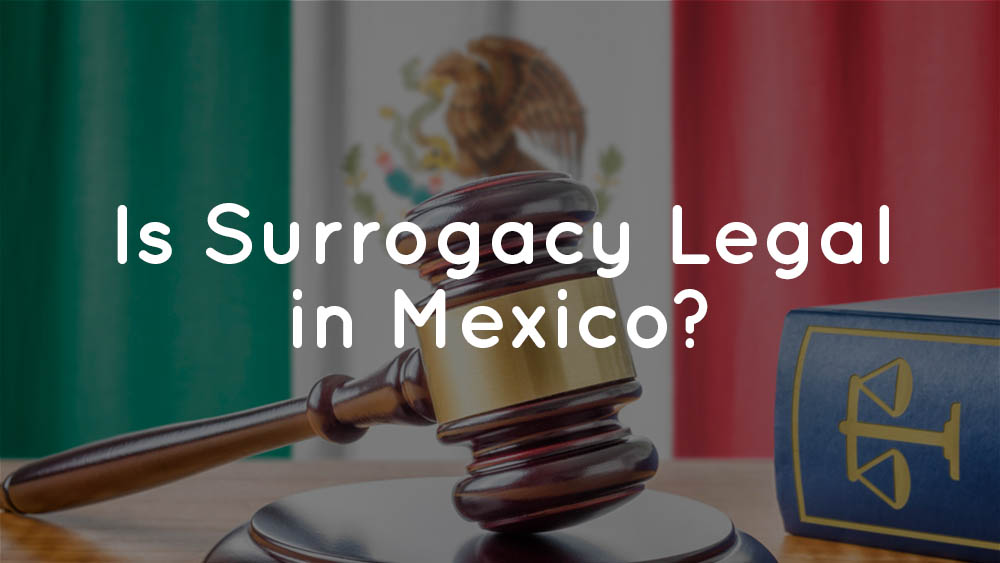One of our clients’ most frequently asked questions happens to be “Is surrogacy legal in Mexico?” The answer is yes. Surrogacy is 100% legal in Mexico. The federal government does not regulate nor prohibit surrogacy. In fact, the courts have fully supported the granting of full parental rights to the biological fathers while honoring and enforcing surrogacy contracts. The state government of Tabasco prohibited commercial surrogacy in January 2016. However, this has no impact on surrogacy performed elsewhere in Mexico. MIRACLE Surrogacy’s lawyers have confirmed there are no restrictions on surrogacy in Mexico outside of Tabasco.
Exit Procedure (Getting back home with your baby.)
After your baby is born, it takes about 3 to 5 business days to obtain the birth certificate. Our staff at the clinic will help you with this process. MIRACLE Surrogacy offers the option to pay for expedited service. This expedited service will make the process much easier for you by avoiding lines. Your baby will automatically be a Mexican citizen, and you are welcome to obtain a Mexican passport. However, securing citizenship for the baby from your home country is most important.
The exit procedures for obtaining your baby’s passport and returning home with your baby depend on your country of citizenship. For most countries, it is very easy and requires obtaining a passport for your baby from your country’s consulate near Cancun or embassy in Mexico City. Some countries such as the United States, Canada, and Australia have a requirement to do a DNA test. This test proves that you are the biological parent of your new baby. For citizens of the United States and Canada, it takes only 3 weeks on average to complete the process, obtain your baby’s passport, and return home with your baby. This process may or may not be more complicated for other countries.
Feel free to ask us about the exit process for your country of citizenship. While it is ultimately your responsibility to determine the steps required by your country and any legal implications with respect to obtaining citizenship for your baby, we are more than pleased to share our guidance with you based on our experience. You have the sole legal responsibility for working with your government through its embassy or immigration bureau to determine the procedures and obtain citizenship for your baby. However, we are here to help in any way we can.



